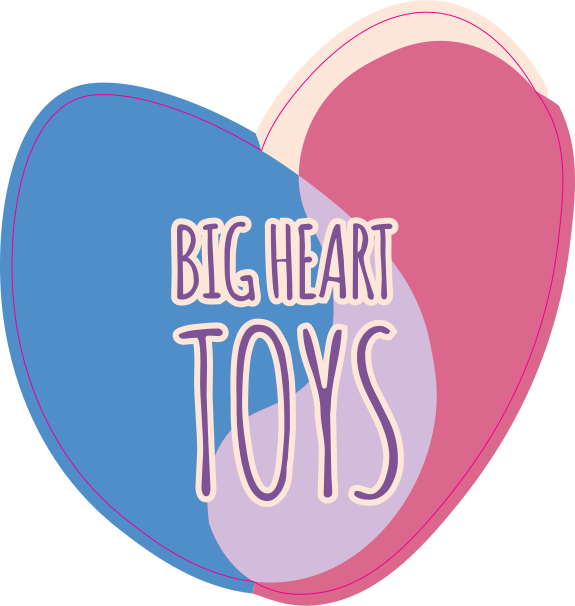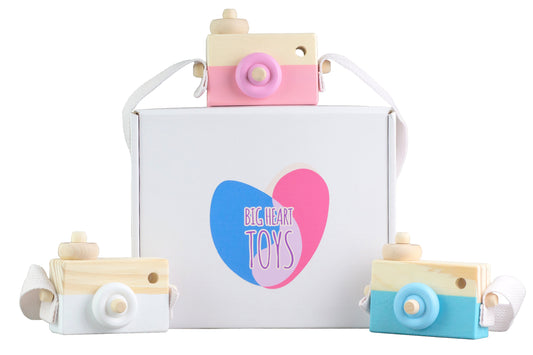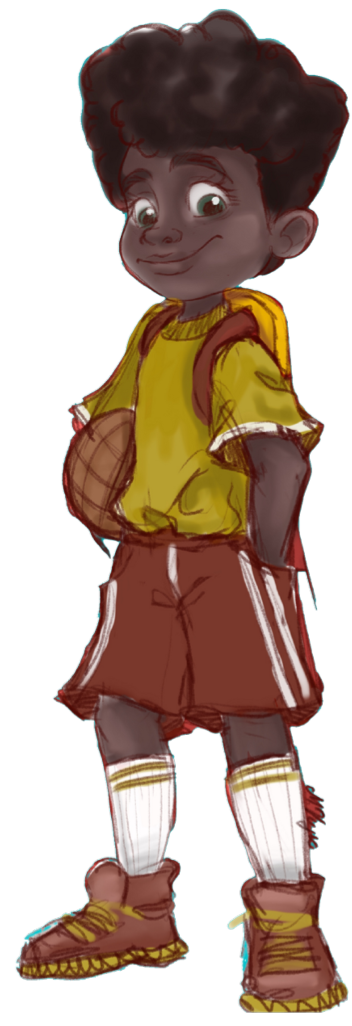Raising children with autism comes with its own unique rewards and challenges. When you’re in the thick of it, you may find yourself wondering if autism gets worse with age.
It’s a common myth that autism is something you can grow out of. However, it’s also a common myth that autism remains the same throughout an individual’s life. As a person grows and changes, their autism will evolve as well, with symptoms, strengths, and challenges changing through different stages of life.
So, the short answer is: no, autism does not necessarily get worse with age. However, while some people with autism learn to improve their symptoms through coping mechanisms, other symptoms may appear or get more severe with age. With new life obstacles come different challenges that may make things harder to deal with, while other things get easier with time and experience.
What Is Autism Spectrum Disorder?
Autism spectrum disorder (ASD) is a neurodevelopmental condition that impacts communication, social interactions, and behavior. It is referred to as a spectrum because individual cases range from severe and nonverbal to mild and barely noticeable. Autism presents itself differently for each child, but there are a couple of key characteristics.
Communication is a leading indicator of autism. You may notice a child with autism experiencing speech delay, having trouble understanding social cues and norms, or being hesitant to engage in social interactions. Social anxiety is frequently associated with ASD and stems from having a hard time engaging socially with others.
There are an immense amount of resources and support available to little ones with autism, and the earlier it is detected, the better. With therapies, communication support, tailored interventions, and sensory support, children with autism can lead happy, fulfilling lives and become their own advocates.
What Are Some Common Signs of Autism Spectrum Disorder?
Signs of autism can usually be spotted around two to three years old. In children, the first signs you’ll likely notice include speech, social interaction, sensory sensitivities, and repetitive behaviors.
Speech and Language
Delayed speech development is one of the earliest signs of autism in children. You may notice your child speaking later than typical or having a more limited vocabulary. It also is not uncommon to notice repetitive or scripted language, where your child communicates mainly through repeated phrases they’ve heard.
Social Interaction
Children with autism may have difficulty engaging socially from an early age. As they grow, they may seem hesitant to interact with peers or completely uninterested in other children. This can include limited eye contact or lack of response to friendly social cues.
Repetitive Behavior
Stimming, or self-stimulatory behavior, is a common way for individuals with autism to self-soothe or communicate stress or emotions. You may notice hand flapping, tapping, body rocking, or vocal grunting repetitively.
Difficulty with Change
Routine is hugely important for children and adults on the spectrum. Predictability is expected, so when there is a change in their daily environment or activities, they may become increasingly stressed or upset.
Sensory
Sensory sensitivities are common in children with autism, and they may react strongly to certain sensory stimuli such as loud noises, bright lights, or certain textures. They may seek out or avoid sensory experiences in untypical ways.
Lack of Ability To Pretend
The world of pretend and make-believe may not come naturally to a child with autism. Rather than jumping in and joining play that consists of imagination and creativity, your child may engage in solo activities that focus on their specific interests or sensory needs.
How Does Autism Change With Age?
There is a complex relationship between autism and age. Some parts of autism may improve with time, therapies, and supports in place while others may get more difficult, especially into adulthood.
It’s not exactly right to say that autism itself gets worse with age, as that indicates that individuals get more severe on the spectrum as time goes on, which is not the case. However, symptoms of autism can get more or less challenging to deal with depending on experience, support, and environment.
It may help to associate the person with their autism. While their condition itself is not going to worsen, it will change as they age just as all skills and parts of a person change and adapt with age.
As children age into adults and are expected to become more independent, unique challenges to autism may present themselves. Parents and caretakers are present in a child’s life to take on adult tasks, but that isn't always true of adults on the spectrum.
On the other hand, cognitive development and social skills are parts of autism that can improve with age. With interventions in place, people with autism can learn how to appropriately interact and problem solve, adapting to these things as they age.
Communication challenges may get better or stay the same, but if children with autism are introduced to communication-enhancing technology, they usually become very proficient with using it in their day-to-day lives, making their communication more effective with age.
What Factors Can Contribute to Changes in Autism?
There are things that can be perceived as autism getting worse or more severe, simply because they are challenging in a new way. These changes are often associated with specific life factors.
Increased social demands can worsen anxiety and make coping behaviors, such as stimming, more frequent or prominent. Forming relationships, entering the workforce, or introducing independent living into play can cause increased stress and a feeling of overwhelm.
One thing to consider if it seems that autism is becoming more severe is how typical the behavior is to the person’s general age range. As children are growing, you may notice slight differences in social behavior and communication, but everyone is learning and growing at that time so it seems more typical.
Once your child exceeds the age range of this behavior seeming typical, it may look like your child has become more severe, when in reality others have just developed further. It’s important to celebrate your child’s milestones and successes, even when they occur at a different rate than expected.
School has a lot to do with this as well — when children are in school, there are intervention methods and aids there to support them. As they age out of the school environment, it can become harder to access these sources of support and find an accepting environment.
Social expectations are always changing, and sometimes, people become less understanding or accepting with age, or may tend to be more empathetic to a child with autism than to an adult. This adds a whole new dynamic to social anxiety and can feel like starting over with social stressors.
As anxiety worsens, it can make it appear like the autism itself is getting worse. It’s important to separate the two conditions and recognize that while autism and anxiety can cohabitate, they are not mutually exclusive.
How Does Awareness Factor Into These Changes?
Young children often have no idea that they have autism and may not even notice the differences and challenges they deal with each day. As they get older, they may begin to observe how they differ from their peers, adding a new self-aware layer of complexity.
Anxiety can increase as a child becomes more aware of their neurodiversity and feels more pressure to conform to social norms even when that is a challenge. This increased self-awareness may lead to new coping mechanisms, such as masking or echolalia.
Raising awareness and teaching your child to be their own advocate plays such a significant role here. Creating a community of understanding and acceptance goes a long way in decreasing self-consciousness and embracing one’s differences.
What Is the Role of Support and Interventions in Autism Disorder/
Specific support and intervention programs play a crucial role in the lives of people with autism. Interventions such as speech therapy, occupational therapy, and behavioral interventions, are designed to address the specific needs of children with autism, focusing on enhancing communication skills, social interaction abilities, and adaptive behaviors.
Early intervention programs are particularly significant in providing targeted support during the formative years of childhood. By identifying and addressing the needs of children with autism, they can develop essential skills and strategies to thrive in their environment more effectively, laying a foundation for future success.
There is a wide range of support services available tailored to fit the individual needs of each child. These services meet children where they are at and work on personalized goals and growth. They can include speech therapy, behavioral therapy, or sensory accommodations to name a few.
The Bottom Line
To put it simply, autism does not get worse with age, but it absolutely changes and evolves. The appearance of autism changes as well as how the symptoms affect each individual. Everyone’s experience with autism is unique, and while the core features remain consistent, the way autism presents itself and its impact on daily life may change over time.
Recognizing and understanding these changes is essential for providing appropriate support and interventions tailored to the needs of individuals on the autism spectrum at different stages of life. By embracing this understanding, we can create a more inclusive and supportive environment that celebrates the diversity and strengths of individuals with autism.
To learn more about the progression of autism throughout childhood, check out our blog. Sign up for our newsletter for up-to-date information and resources on parenting children with autism.
Sources:
What Is Autism Spectrum Disorder? | Psychiatry.org
Sensory Processing Issues Explained | Child Mind Institute
Cognitive Deficits in Children with Autism Spectrum Disorder | PMC
Autistic People and Masking | National Autistic Society
Echolalia | StatPearls | NCBI Bookshelf
Occupational Therapy (OT) | Autism Speaks
Speech Therapy | Autism Speaks
Treatment and Intervention Services for Autism Spectrum Disorder | NCBDDD | CDC






